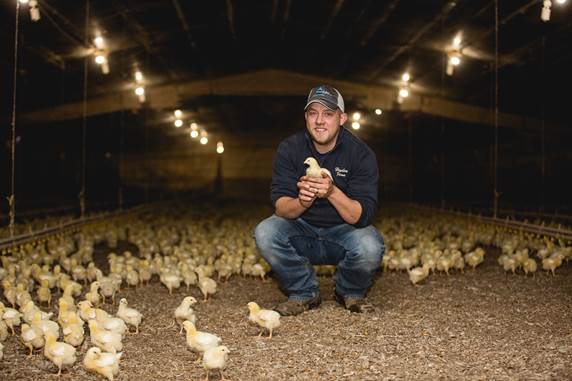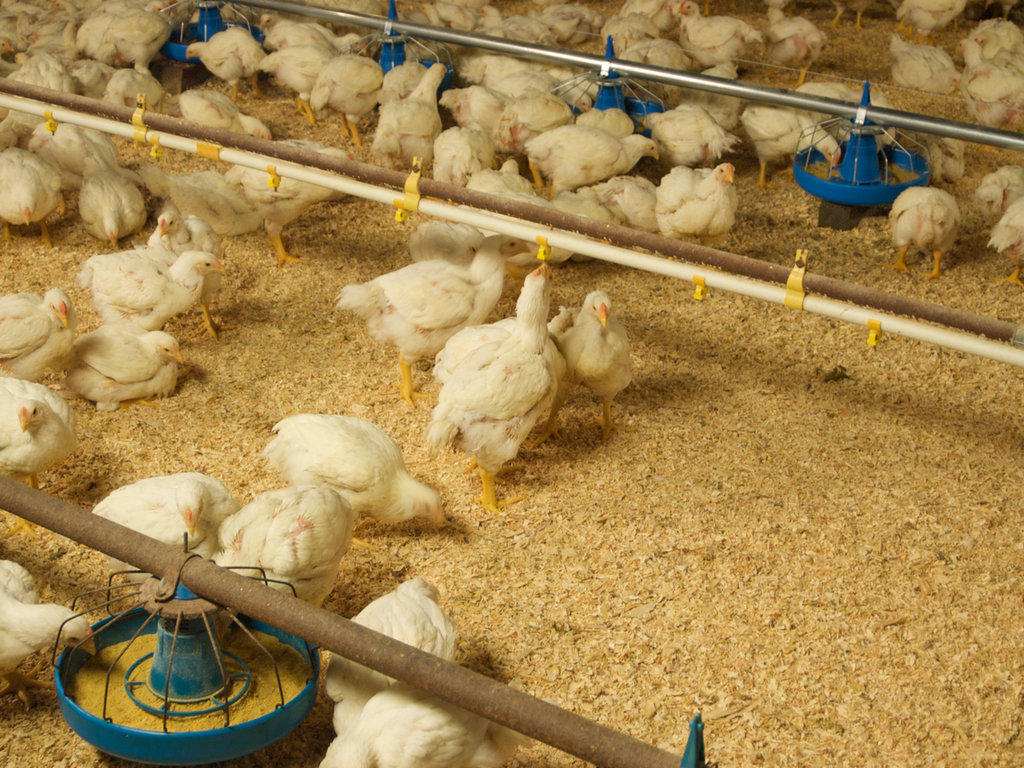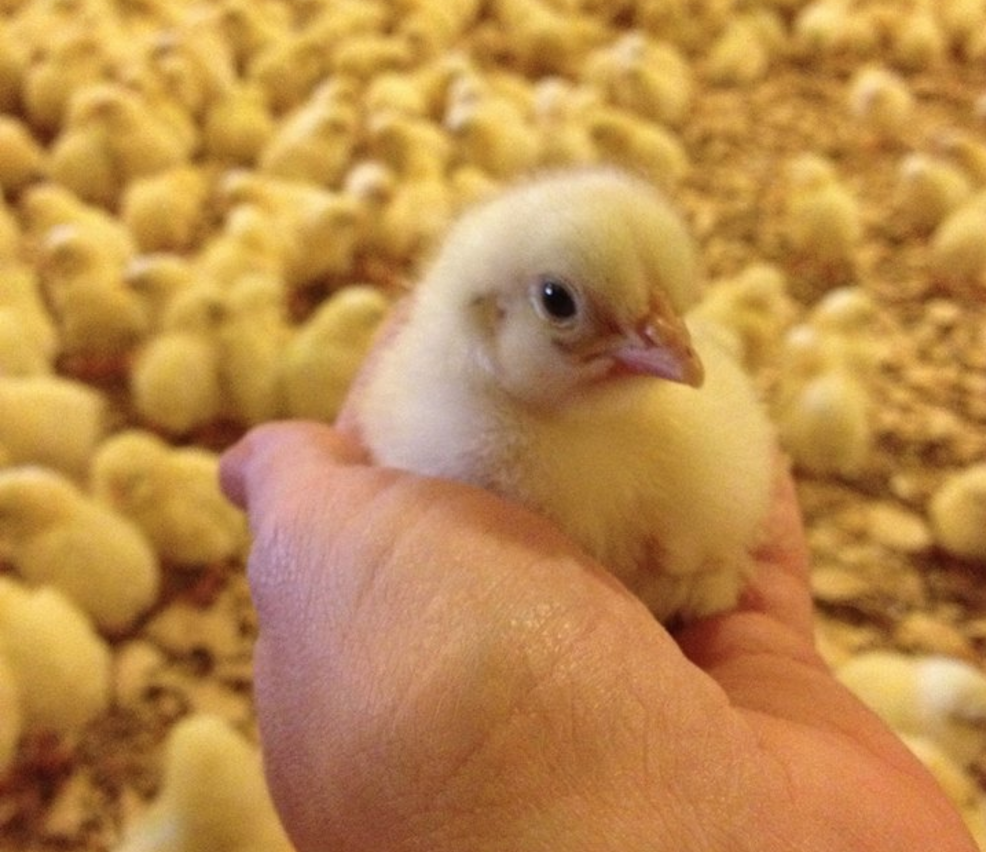Leading Welfare Auditor Organization Certifies NCC Animal Welfare Guidelines

Now, more than ever, consumers want assurances that animals being raised for food are treated with respect and are properly cared for. The family farmers and companies involved in raising chickens for food share the public’s concern – after all, a happy and healthy chicken makes for a happy and healthy family (ours included)!.
To assist in ensuring that chickens being raised for food are receiving optimum care during their lives, the National Chicken Council (NCC) developed the NCC Animal Welfare Guidelines and Audit Checklist, which have been widely adopted within the chicken industry.
For the first time ever, NCC’s broiler and broiler breeder welfare guidelines have been certified by the Professional Animal Auditor Certification Organization (PAACO), a leading authority on animal welfare auditing who provides high quality training and certification credentials for auditors and audits.
IMPORTANCE OF PAACO CERTIFICATION
PAACO Executive Director Collette Kaster noted in response to the certification that, “Our mission is to promote animal welfare through auditor training and audit certification. We are very pleased with the inclusion of many of the review panel and PAACO’s recommendations into this revision, and as a result the guidelines are stronger than before and will facilitate more rigorous audits in the future.”
The NCC broiler guidelines were last updated in January 2017 and the NCC broiler breeder guidelines were last updated in June 2017, but this is the first time in history they have been certified by an independent audit certification organization.
HOW THE WELFARE GUIDELINES ARE DETERMINED

These guidelines cover every phase of the chicken’s life and offer science-based recommendations for proper treatment. The guidelines are updated every two years with assistance from an academic advisory panel consisting of poultry welfare experts and veterinarians as well as industry experts from across the United States.
Our approach to birds wellbeing is focused on objective measures and welfare outcomes throughout the birds’ entire lives, using the latest science and data and by carefully observing the chickens’ behavior. Chicken farmers are acutely aware of any behavior change they observe because not only is it the right thing to do, but their livelihood depends on the health and welfare of their flock.
Meet the author, Ashley Peterson, Ph.D., Senior Vice President of Scientific and Regulatory Affairs:
As senior vice president of scientific and regulatory affairs, Dr. Peterson’s responsibilities at the National Chicken Council include food safety, poultry inspection and animal welfare issues, as well as keeping her finger on the pulse of initiatives within the Washington, D.C. regulatory agencies. Immediately prior to joining the council, Peterson served as vice president of government relations for the United Egg Producers where she worked with Congress and the regulatory agencies on a variety of issues including organic egg production and food safety. She has also served both as the director of legislative affairs and director of regulatory affairs at the American Meat Institute, where her responsibilities included environmental and sustainability issues, animal welfare and lobbying Congress.
A native of Kentucky, Peterson came to Washington, D.C., as a Congressional Science Fellow in the U.S. House of Representatives, working on agriculture, energy and environment issues. She earned her Ph.D. in Animal Science from the University of Maryland, her Master of Science in Animal Science from Michigan State University and her Bachelor of Science from the University of Kentucky.

